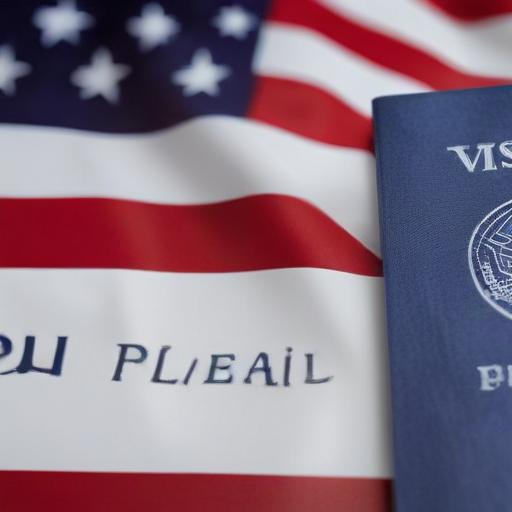The Trump administration has announced plans to “aggressively” revoke the visas of Chinese students currently studying in the United States. Secretary of State Marco Rubio communicated that the actions would target students with ties to the Chinese Communist Party or those enrolled in critical academic fields. Further, the administration intends to enhance the scrutiny of future visa applicants from China and Hong Kong.
This decision comes amid deteriorating relations between the United States and China, as the two nations engage in a trade war initiated by tariffs imposed by President Trump. Rubio instructed US embassies globally to halt scheduling appointments for student visas while the State Department prepares to expand social media background checks for applicants.
Currently, there are roughly 280,000 Chinese students in the US, a figure that has seen a decline in recent years due to the COVID-19 pandemic and increasing bilateral tensions. Rubio emphasized that, under Trump’s leadership, there would be a concerted effort with the Department of Homeland Security to revoke the visas of Chinese students linked to the Chinese Communist Party or studying in sensitive fields. The administration has previously taken actions to deport various foreign students and revoke thousands of visas, although many of these measures have faced legal challenges.
Additionally, the Trump administration has withheld significant funding from universities, perceiving many elite institutions as overly liberal and accusing them of not addressing antisemitism adequately. The involvement of foreign students, who typically pay higher tuition fees, is crucial for many US universities, thus raising concerns about the potential impacts these visa policies will have on higher education funding in the country.
This ongoing situation highlights the broader impact of shifting US-China relations on international education and the potential consequences for both countries. Looking ahead, one hopeful perspective is that this initiative could motivate more dialogue between the nations to improve understanding and collaboration in education.
